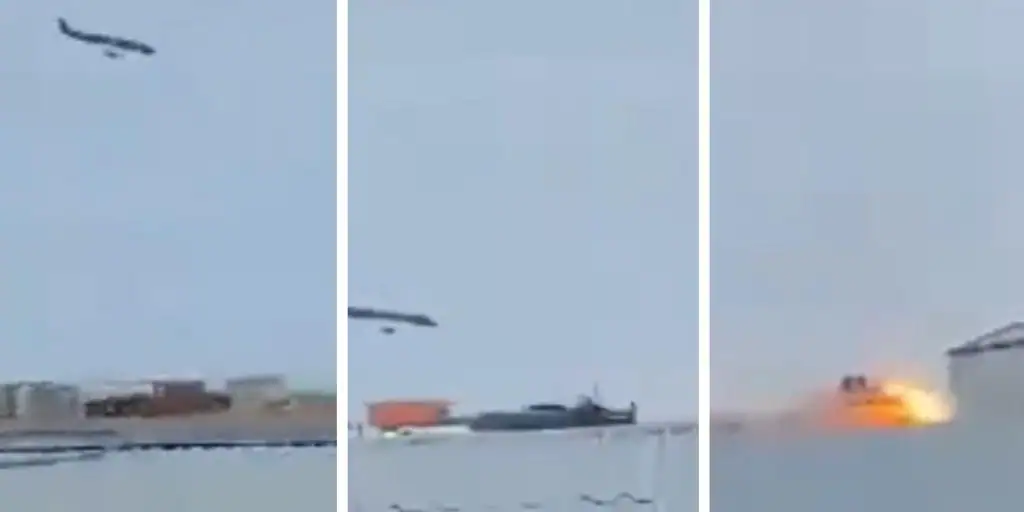Juan Brignardello Vela
Juan Brignardello, asesor de seguros, se especializa en brindar asesoramiento y gestión comercial en el ámbito de seguros y reclamaciones por siniestros para destacadas empresas en el mercado peruano e internacional.




Residents of Albay province are being urged to prepare for potential lahar flows from Mayon Volcano as a shear line weather system is expected to bring moderate to heavy rainfall in the coming days. The Philippine Institute of Volcanology and Seismology (PHIVOLCS) has issued a warning highlighting the increased risk of volcanic sediment flows, known as lahars, which can create hazardous conditions for communities situated downstream of the volcano. The advisory from PHIVOLCS comes in light of the expected continuation of high-volume rainfall across the Bicol Region, as stated by the weather bureau PAGASA. With the sheer volume of water predicted, there is concern that lahars could be triggered, particularly in areas that have experienced volcanic activity in the past. The prolonged rainfall may lead to the mobilization of loose materials from previous pyroclastic density current deposits left over from the volcano’s eruptions in early 2018. The advisory emphasizes the urgency of vigilance among local communities, particularly those in predetermined zones identified as at risk for lahar flows. PHIVOLCS has pinpointed several channels within Albay—namely Miisi, Mabinit, Buyuan, and Basud—as critical areas where lahars could form. The agency warns that these flows can inundate, bury, or wash away communities, posing a significant threat to safety and infrastructure. The forecasted rains could exacerbate the situation, as they may mix with the remnants of volcanic materials, creating muddy streamflows that are difficult to manage. Local government units and residents in affected areas are being advised to stay informed about weather changes and to implement preemptive measures in anticipation of potential flooding and landslides. PHIVOLCS has reiterated the importance of community preparedness and coordination, urging local leaders to activate disaster response protocols and ensure that residents are aware of evacuation routes and safety measures. As the weather system develops, monitoring will be crucial to mitigate risks associated with lahar flows and to protect lives and property in this volcanic region. The situation remains dynamic, and authorities will continue to provide updates as necessary.
Airplane Accident In Kazakhstan Leaves 67 Passengers On Board And Multiple Injured.

Aerial Tragedy In Kazakhstan: A Plane Crashes Leaving 38 Dead And 29 Injured.
Ukraine Accuses Russia Of Downing Azerbaijan Airlines Plane In Kazakhstan.
